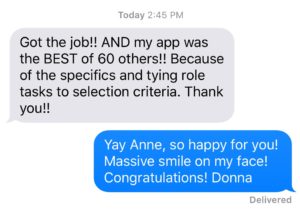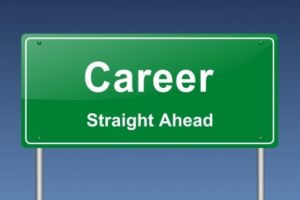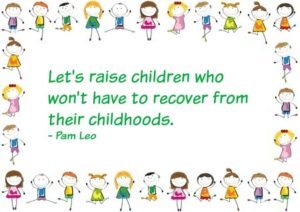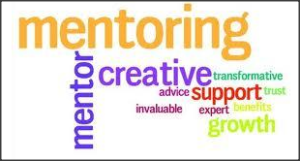About nine months ago my gym partner Emma told me she was planning to do the Oxfam 100km Trailwalker for her 40th year and wondered if I’d be interested in joining her in a team for the challenge. Thinking that it had been a long time since I’ taken on a personal challenge (excepting parenthood!), I jumped onboard. It seemed a distant goal but all of a sudden it’s just two weeks away.
As I reflect on my preparation, I can’t help but notice parallels between setting and actioning this goal and career goals, especially for return to work parents. There have been umpteen obstacles including a nagging knee injury, negotiating time away from family for lengthy training sessions; buying new equipment; preparing and testing food, footwear, and pack contents; the cost and time for podiatry and physiotherapy appointments; and even arranging occasional childcare.
I have had to become fit for the task which has required significant commitment and training. I have had to seek counsel and support from others when a couple of people suggested I wasn’t doing enough training. These comments led to a few days of self doubt until I was reminded of my tenacity and previous achievements.
Communication has been key to the preparations, whether it be at home, with team members, experienced friends or those we met on the track. The experiences of others has built my confidence; helped me to anticipate and prepare for the challenges; and basically given me a deeper understanding of what’s ahead.
We had a couple of really painful training sessions but never did any of us think that we’d give up or drop back to the shorter distance – we have continued to focus on our goal and HOW we will make it happen. I’m really looking forward to seeing all our hard work pay off on 17 June 2016. Whatever the outcome, I know that I have done what I can to prepare for this exciting challenge. If you’re not already, try giving some of these strategies a crack in your career planning. I’d love to hear how you go.
If you’d like to support our team, the Wander Women and the amazing work of Oxfam, head on over to the teamspace.







